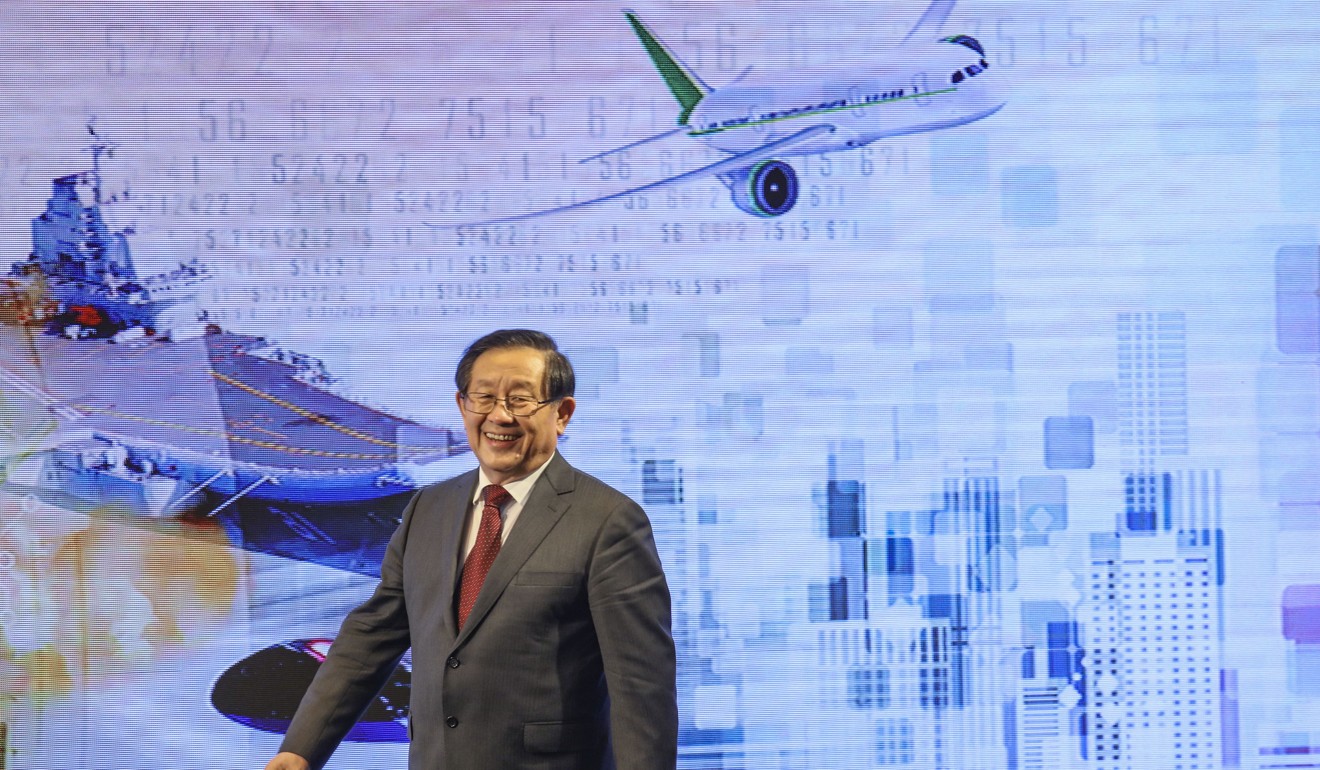Advertisement
Advertisement

How technology and innovation can help Hong Kong remain a star player on China’s team
Alice Wu says the recent trade-war talk is a stark reminder to Hong Kong of how small it is compared to the US and Chinese economies, but Beijing’s offer of tech funding shows how it can remain a consequential player
It was not until the trade-war cries that I was hit by how far China has come since my university days. It’s phenomenal that, in less than 20 years, the nation has gone from getting admitted into the World Trade Organisation to screaming “Bring it!” in response to trade war taunts.
China called what transpired from all the trade-war talk a “win-win”, and this has become its buzzword, despite sounding foreign to a lot of us. But it is also a fact of life in today’s world: one simply can’t brush off everyone else. The world’s interconnectivity makes that impossible. There was no single winner in this dispute. Both took hits and walked away with something they wanted.
Hong Kong’s growing confidence crisis since the handover – not so much because of the handover itself as over China’s growth – has now reached a critical point: either we resign ourselves to a complete loser mentality or we redefine ourselves vis-à-vis the nation and the world.
There’s no harm in reminiscing about the past, when Hong Kong played an indispensable and incredible role to China in the 1990s as the bridge between the Chinese mainland and the outside world. Since the 1990s, Hong Kong’s roles – as an intermediate hub for trade, an offshore bonds centre and even in international relations – have diminished. We once played an instrumental role in securing China’s most-favoured nation status with the United States.
The sheer size of China’s economy and the nation’s standing in the world have changed so fundamentally that Hong Kong cannot be stuck in the past and blind to the present: we are no longer the star player in every game. We’ve increasingly been put on the bench.
Watch: China and US put trade war on hold
Our benched status was most evident during threats of an imminent trade war. We no longer played a role in easing trade tensions. We were caught in a rather precarious position: at risk of being hit either way as the teams on the court upped their taunts and showboating. We could bemoan and get drunk on our self-pity, or we could choose to be a smart second-string player, paying attention not only to the way the starters are playing, but how we can play the game when the opportunity comes.
It’s no coincidence that Chinese President Xi Jinping recently announced measures to benefit Hong Kong that include a new directive to bring us into the fold as the nation’s international innovation hub.
Just last week, former national science and technology minister and current Chinese People’s Political Consultative Conference vice-chairman Wan Gang appealed to Hong Kong to fill the gaps that stand in the way of the nation’s ambitions to become a global tech power.
Wan laid bare China’s “weaknesses”; but, most importantly, he made clear how Hong Kong can play to its strengths – in scientific research, the finance and service industries, intellectual property protection system and the city’s internationalisation and global perspective, just to name a few. Hong Kong is still “the connector between the mainland and the world” – just not in the way it was 20 years ago.

Our “perfect geography” remains. But we must be willing to play, and to collaborate – learn to be a team player and recognise that, for tech and innovation, we’re simply too small to drive it on our own. It’s not acquiescing. Rather, it is that “can-do spirit” Hong Kong was once famous for. It’s carving out opportunities to showcase our uniqueness that will ultimately fight the threat of “mainlandisation”. We will lose if we remain inward-looking, provincial and regress into being a backwater fishing village. Then the world will leave us behind.
Alice Wu is a political consultant and a former associate director of the Asia Pacific Media Network at UCLA
This article appeared in the South China Morning Post print edition as: City should use is strengths to redefine itself

Post
